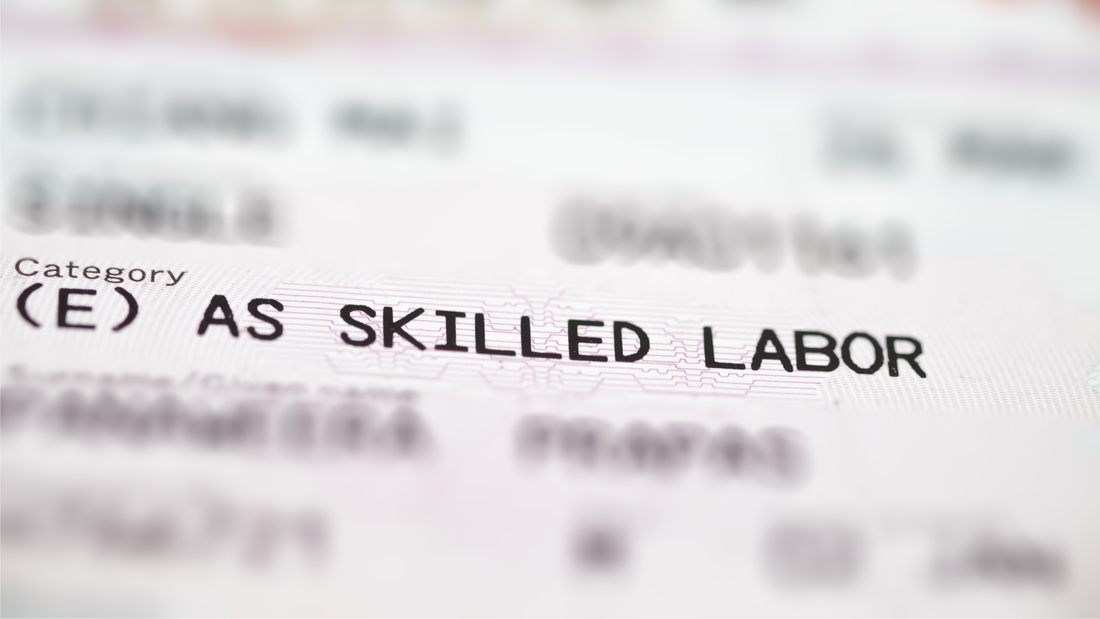An Overview of One’s Rights at Customs
Travel restrictions are not new in the United States, but the latest ones have stirred some controversy. Consequently, many passing through customs are unsure of their rights. Many would be surprised to learn that even American citizens returning from countries where the U.S. has introduced constraints may be subject to intensified searches. In light of this, being well informed about one’s rights and even consulting with a Miami immigration attorney prior to traveling is of the utmost importance.
If the individual is a legal permanent resident…
The most important thing for legal permanent residents to keep in mind when undergoing a secondary inspection is that typically the right to live in the U.S. cannot simply be revoked at the border. However, that does not mean customs officers will not subject legal residents to questioning. Many may prefer to have an attorney present for such questioning, but unfortunately, not everyone will have that right. As it stands now, only U.S. citizens are able to ask that an attorney accompany them during this process. Those who simply hold a visa (even though a legal, and sometimes permanent, resident), do not hold the right to an attorney.
As for the search itself, every individual passing through customs must permit to a search upon request since 9/11. This includes one’s electronic devices, a fact which stirred up some controversy at the onset of the “travel ban.” Furthermore, the officers are even permitted to ask for access to social media profiles and other online accounts, such as email, as well as photos and documents on the device. However, the law has yet to catch up to this aspect of the procedure. There is no clear-cut law that allows such a search to occur, so assistance from a Miami immigration attorney in these instances is advisable whenever the situation allows for it — particularly given the fact that failing to consent to a search could present added problems. Green card holders could face a hearing where their resident status could be revoked, and even U.S. citizens could be held by the officers or have personal belongings seized.
If the individual is NOT a legal permanent resident…
For those who do not hold legal permanent resident status, there are fewer rights when passing through U.S. customs. Such individuals do not have the opportunity to consult with a lawyer, unless the person has been formally charged with a criminal act. However, that does not mean a skilled Miami immigration attorney cannot circumvent this. If traveling to the U.S. from a country that has been identified within legislation restricting entry to visitors, arranging for legal counsel prior to arriving at customs can go a long way. This is primarily due to the fact that failure to consent to a search in these cases could lead to a refusal of entry.
If you have questions or concerns about your rights at the border, call our office today to speak with an experienced member of our team. We are always here to guide you and protect your rights.







